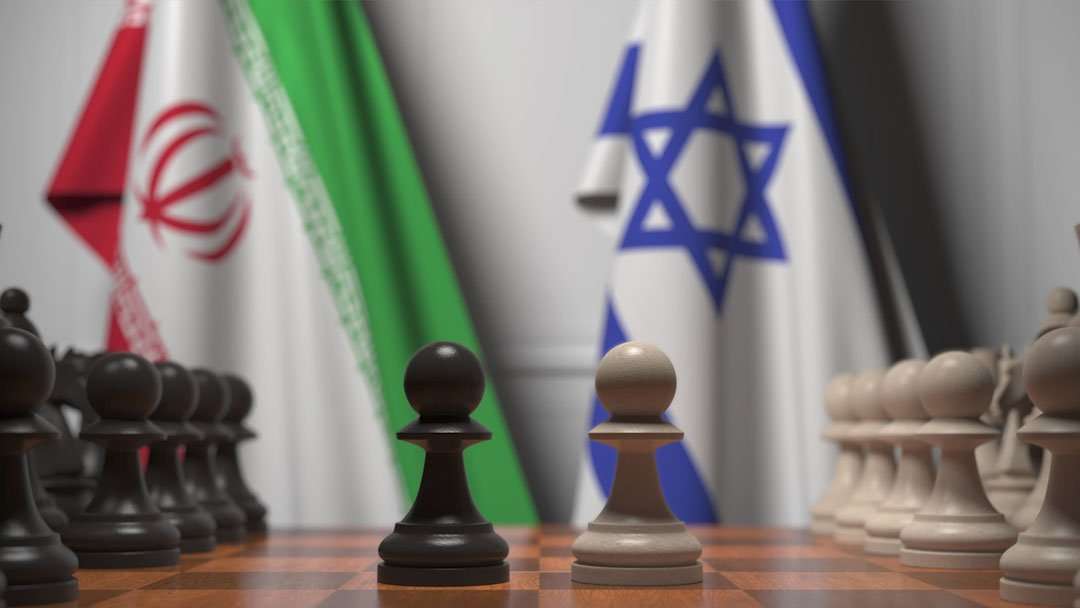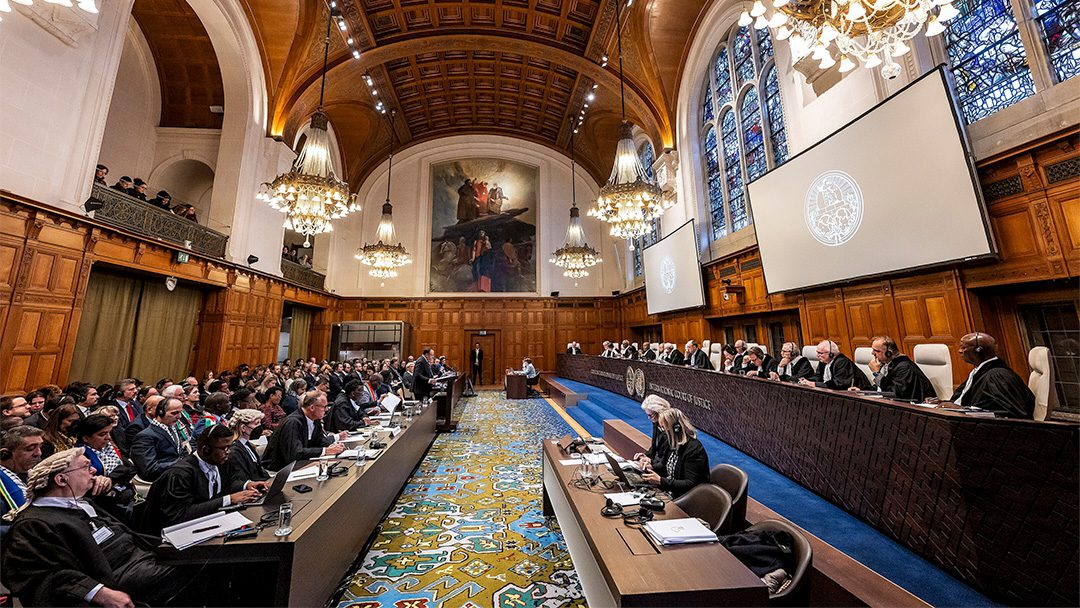Since 1979, the US has imposed various sanctions against Iran in response to the Iranian nuclear program, and Iranian support for Hamas, Hezbollah, Palestinian Islamic Jihad, the Shi’ite militias in Iraq and the Houthis in Yemen. Further international sanctions were imposed in 2006 after Iran refused to halt its nuclear enrichment program.
In 2015, the US and several European countries entered into an agreement with Iran called JCPOA, under which Iran had to limit the volume of uranium it enriches, and the quality and number of centrifuges it operates at any one time, in exchange for sanctions relief. In 2018 President Trump pulled out of the agreement, citing Iranian breach of the agreement.
Iran has been working on nuclear capability for decades, and is close to achieving a nuclear bomb. This week, Defence Minister Benny Gantz stated that Iran “stands just a few weeks away from accumulating fissile material that will be sufficient for a first bomb,” as it now “holds 60 kilograms of [fissile] material enriched to 60%, produces metallic uranium at the enrichment level of 20% and prevents the IAEA from accessing its facilities.”
Over recent months there have been indirect negotiations between Iran and the Biden administration. It is reported that a draft agreement for returning to the 2015 nuclear deal is almost done. The last remaining stumbling block is Iran’s demand that the Biden administration remove the Islamic Revolutionary Guard Corps (IRGC) from the US Foreign Terrorist Organizations blacklist.
Iran remains committed to the expansion of its revolutionary ideology, which includes destruction of Israel
It seems Biden will be unwilling to do so. Whether Iran will give in and accept a deal, requiring it to limit its enrichment program in return for lifting of sanctions, is unclear. Haaretz correspondent Yossi Melman is optimistic that a deal can be reached with the Iranians because “[t]he Iranians are desperate for a deal to lift the sanctions on them. $100bn is at stake and they need it for their economy. The IRGC is also an economic empire in Iran, so they also see the utility in getting the sanctions lifted.”
Enrique Mora, the European Union’s coordinator for Iran nuclear deal negotiations, recently visited Iran to help salvage the deal. True to form, the Europeans believe that an agreement with Iran—and not military action—is the only way to avert war.
Israel and its (Sunni) Arab allies in the region strongly disagree. At a meeting late March, Israeli PM Bennett told Secretary of State Blinken that Iran can only be deterred from moving toward enriching uranium to the military level of 90% if it knows that the U.S. and European countries would ramp up sanctions to the level placed on Russia. Bennett also told Blinken that the nuclear deal will only be “a Band-Aid” solution for just a few years, and at the same time, it will give Iran billions of dollars it would be able to use for its regional malign activities and to arm its proxies.
Deal or no-deal, Israel is vigilant in monitoring the situation in Iran, and intervenes where necessary. Last December Israel reportedly struck the Natanz nuclear plant in Iran. Israel regularly strikes Iranian-sponsored facilities in Syria.
For Israel, Iran’s activities in the region present a real existential threat. Iranian militia and proxies surround Israel—Hezbollah in the north, Hamas/PIJ in the West, pro-Iranian militias in Syria, and the Houthis in the south. Their objectives are aggressive. Iran remains committed to the expansion of its revolutionary ideology, which includes destruction of the Zionist entity [Israel], and the liberation of Al-Quds [Jerusalem].
Iran is not only opposed to the existence of Israel, it sees the influence of Israel and the USA in the region as a threat to itself and the entire Islamic umma. Iran has recently warned that it sees Israeli cooperation with Bahrain as endangering its own security interests, and it will not hesitate to attack in response. Iran also claims that the Israeli presence in Kurdistan endangers its national security and hence launched missiles at a “Mossad base” in Erbil on February 13, 2022.
Israel takes these threats seriously. According to Defence Minister Gantz, “the State of Israel will continue to act against any enemy that threatens it, and prevent the transfer of advanced capabilities from Iran that endanger the citizens of Israel and harm the stability of the entire region.”
Israeli Defence Forces are prepared, if necessary, to strike Iranian nuclear facilities that are buried deep underground. The Israeli Air Force will have to deal with increasingly sophisticated Iranian air defenses in order to conduct such a strike, and also have to prepare for an expected retaliation against Israel by Iran and its allies throughout the region.
The situation is explosive. The whole geopolitical context of this conflict has changed with the war in Ukraine, and the growing rift between Russia, China and other countries on the one hand, and the West, on the other, which itself is internally divided.
Within the next few weeks we will know whether Iran will choose a diplomatic resolution, or open the door to a possible military escalation.












0 Comments